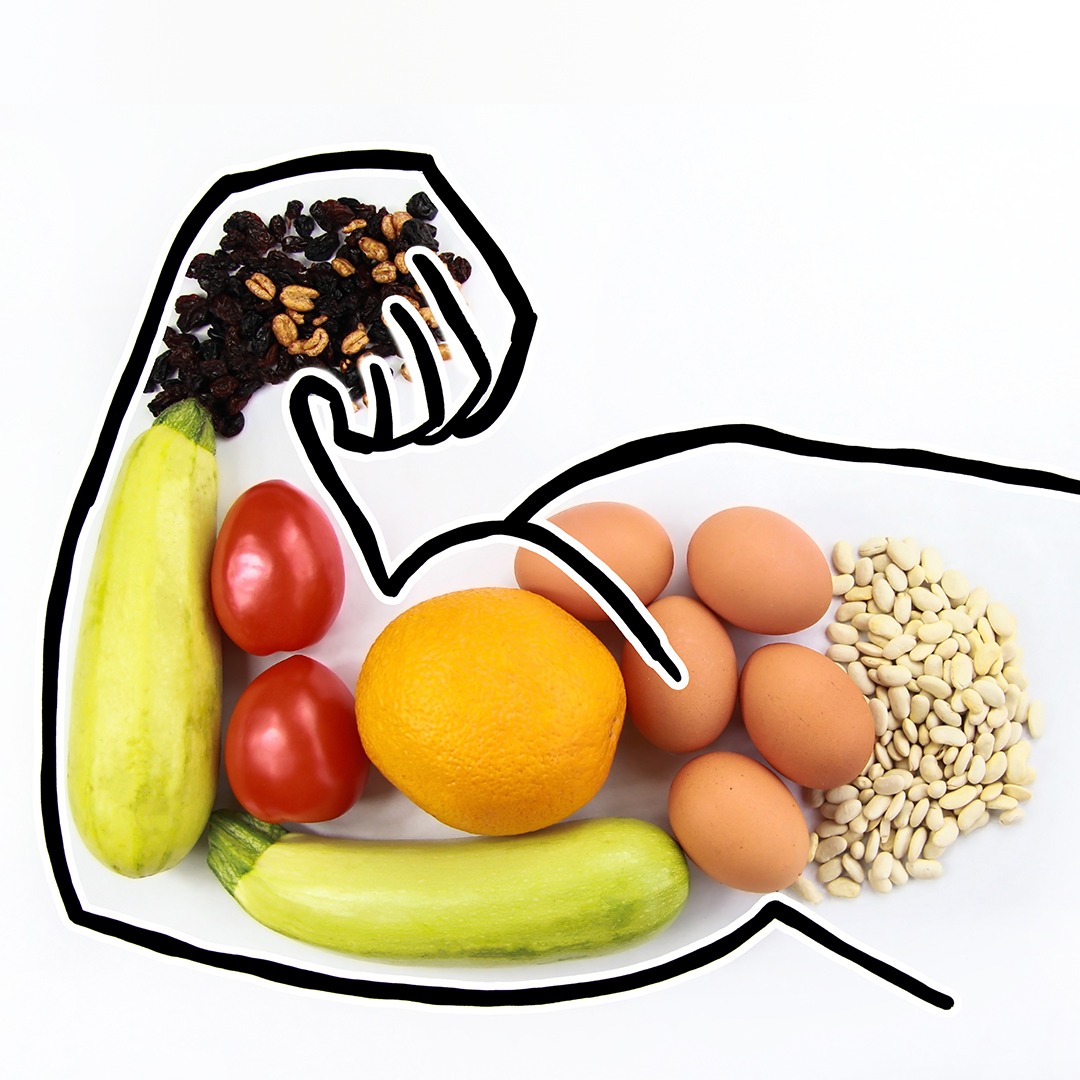What Healthy Foods Kill Testosterone: Understanding the Impact on Hormonal Health
Testosterone, a hormone linked with masculinity, is important in many facets of human health. It has an impact on sexual function, muscle mass, bone density, mood, and overall health. While testosterone levels fall gradually with age, several factors, including food, might influence its production.
In this article, we will look at the connection between healthy foods and testosterone levels, with a focus on those that may have an effect on hormone balance.
Table of Contents
1-Introduction: The Significance of Testosterone
2-Understanding Testosterone and Its Functions
3-The Importance of Balanced Hormones for Men
4-Healthy Foods That Can Affect Testosterone Levels
4.1 Soy-based Products
4.2 Flaxseeds and Flaxseed Oil
4.3 Spearmint Tea
4.4 Alcohol Consumption
4.5 Processed Foods High in Trans Fats
4.6 Licorice
4.7 Mint and Peppermint
4.8 Vegetable Oils
4.9 Processed Grains and Refined Carbohydrates
4.10 Dairy Products
5-The Role of Nutrition in Hormonal Balance
6-Tips for Maintaining Optimal Testosterone Levels
7-Conclusion
8-FAQs
1. Introduction: The Significance of Testosterone
- Male sex organ development
- The voice becomes deeper.
- Hair growth on the face and body Control of sexual drive
- Muscle mass and strength maintenance
- Bone density enhancement
- The effect on mood and cognitive function
3. The Importance of Balanced Hormones for Men
4. Healthy Foods That Can Affect Testosterone Levels
4.1 Soy-based Products
Phytoestrogens, which are plant components that mimic oestrogen in the body, are found in soy-based goods. According to certain research, high consumption of soy-based products may have a little estrogenic effect and may affect testosterone levels in males.
4.2 Flaxseeds and Flaxseed Oil

Spearmint tea has been linked to anti-androgenic properties, which means it may prevent the production of androgens such as testosterone. While more research is needed, excessive drinking of spearmint tea could be a problem.
4.4 Alcohol Consumption
Lower testosterone levels have been linked to excessive alcohol drinking. Alcohol can cause endocrine system disruption and impair testicular function, resulting in decreased testosterone production.
4.5 Processed Foods High in Trans FatsTrans fats, which are widely present in processed and fried meals, have been linked to a variety of health problems. According to research, heavy trans fat consumption may lower testosterone levels and have a bad impact on overall hormonal health.
4.6 LicoriceGlycyrrhizic acid, found in licorice root, may reduce testosterone production by interfering with an enzyme involved in its synthesis. The effects of licorice on testosterone levels, on the other hand, are mainly noticed with high or extended ingestion.
4.7 Mint and PeppermintMenthol, which is present in mint and peppermint, has been shown to have anti-androgenic properties. While the effect on testosterone levels may be minor, it is worth examining for those concerned about hormonal balance.
4.8 Vegetable OilsPolyunsaturated fatty acids (PUFAs) can be found in large concentrations in certain vegetable oils, such as soybean oil. Excessive PUFA consumption has been linked to lower testosterone levels and may disrupt the delicate hormonal balance.
4.9 Processed Grains and Refined CarbohydratesObesity and insulin resistance can be caused by a diet high in processed grains and refined carbs. Lower testosterone levels in men have been linked to these causes. Choosing whole grains and complex carbs is a healthier option in general.

5. The Role of Nutrition in Hormonal Balance
6. Tips for Maintaining Optimal Testosterone Levels
- Exercise on a regular basis, encompassing both cardiovascular and strength-training exercises.
- Get enough sleep and maintain healthy sleep hygiene.
- Stress can be reduced by using practises such as meditation, yoga, or deep breathing exercises.
- Avoid drinking too much alcohol.
- Maintain a healthy body weight and composition.
- If you are having persistent symptoms of low testosterone, see a doctor.
7. Conclusion <<< Try This 12-week Yoga Burn Challenge >>>
- Q1: Can eating soy-based foods lead to low testosterone levels?
- Q2: Are all vegetable oils detrimental to testosterone levels?
- Q3: Can exercise help increase testosterone levels?
- Q4: Should men avoid dairy products to maintain optimal testosterone levels?
- Q5: When should I consult a healthcare professional about low testosterone symptoms?
Please feel free to leave your comments below and engage in a discussion with our community. We appreciate your participation and look forward to hearing from you!👌

